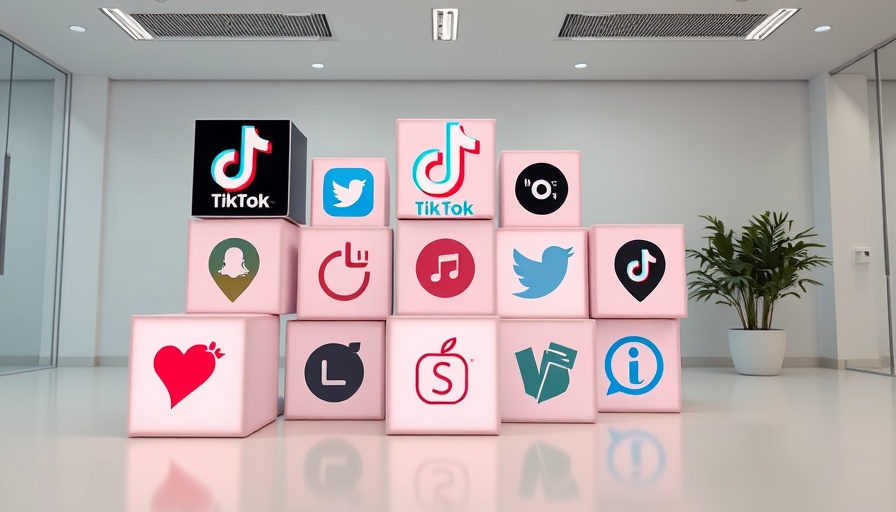
TikTok's Struggles Reveal a Toxic Work Culture
As TikTok continues to tighten its belt in the U.S., the company's recent move to lay off employees has cast a stark light on its work environment. Amid tough regulatory scrutiny and transformation in its e-commerce division, reports indicate that the app is undergoing severe downsizing, raising questions about the culture at its workplaces.
TikTok's Layoffs: What Employees Are Saying
One former worker's experience exemplifies a common sentiment. In a post shared on TeamBlind, they expressed frustration not just about the layoff itself but about the impersonal way the news was delivered. "I worked my ass off, staying up late for late-night meetings... Then they sent me a ChatGPT email,” they wrote, indicating a disconnect between management and staff.
This stark communication method did not sit well with many, highlighting a problematic culture where employees feel undervalued. In a work environment where employees are expected to pour their energy into projects, the lack of empathy in layoffs can have profound effects on morale.
The Bigger Picture: Understanding Workplace Culture
TikTok is not alone in navigating complex workplace cultures. Many tech companies face scrutiny regarding their treatment of employees, especially during times of financial or operational adversity. As companies strive for efficiency, employee well-being often takes a back seat. The concern raised by the former TikTok employee about discrimination and inadequate workplace conditions fits into a larger context of ongoing discussions about workplace toxicity across many industries.
Why This Matters to Today's Workforce
For the average job seeker or employee, the revelations from TikTok serve as a cautionary tale. Understanding the hidden facets of a company's culture is crucial. This includes not only its hiring practices but also how it treats its employees during layoffs. A toxic workplace can lead to mental health issues, including burnout and anxiety, factors that have become even more pertinent in the post-pandemic world.
Future Predictions: The Corporate Landscape
Given the current trajectory, workplaces globally might have to reassess their priorities. With the rapid advancement of technology, conversations about automation and artificial intelligence like ChatGPT are becoming more prevalent. However, as we demand efficiency, we must also ensure that the human elements of work—empathy, support, and communication—are not sacrificed.
Taking Action: How Can Employees Prepare?
In light of these challenges, what can workers do to safeguard their interests? Here are a few tips:
- Stay Informed: Keep abreast of company news and industry trends to anticipate any potential changes.
- Network: Building a strong professional network can provide support and open up new job opportunities.
- Self-care: Prioritize your mental health and well-being, especially during stressful periods.
Overall, it’s vital for employees to advocate for better treatment and a healthier work culture, which not only benefits them but also can lead to increased productivity and loyalty within organizations.
Conclusion: Demand Change in the Workplace
The instance at TikTok is a microcosm of broader trends in the corporate world. As companies re-evaluate workforce dynamics, employees should feel empowered to demand a healthier and more respectful workplace. Don't stay silent—share your voice to advocate for change! Now is the time to support each other in creating workplaces that prioritize mental health and overall wellness.
 Add Row
Add Row  Add
Add 




Write A Comment